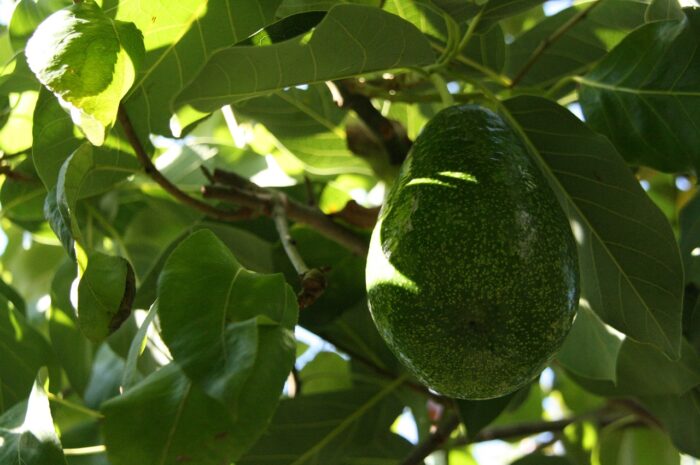Northern Australia will get another line of defence in the fight against plant pest and diseases, with more federal support for biosecurity in the region.
The Albanese Government will invest $2.8m to bolster biosecurity capability and create the Northern Australia Plant Capacity and Response Network (NAPCaRN) to better detect, prepare and respond to biosecurity threats, like black sigatoka, Asian citrus psyllid and citrus canker.
This will be coordinated by the Northern Territory Government, with support from the Queensland and Western Australian Governments. The Network will invest in more frontline staff, including technical staff and interns in each northern jurisdiction.
Federal Minister for Agriculture, Fisheries and Forestry Murray Watt said threats from plants and pests were constantly evolving. “There’s all sorts of ways pests and diseases can make their way in – on travellers, in parcels or even blown in on the wind. We have to make sure we detect these threats early to stop the spread, in order to protect our nation’s agricultural industry, natural environmental assets and lifestyle,” Minister Watt said.
“NAPCaRN will operate as an inter-jurisdictional plant biosecurity network to tackle plant biosecurity threats in partnership with industry and communities. The investment will integrate resources and actions of industry and four governments through the appointment of nine positions—significantly bolstering biosecurity risk management across the north.
“It will enhance our detection and response capacity in northern Australia. It will improve local biosecurity leadership and mentoring and strengthen partnerships with industry and First Nations people. And it will establish a recruitment pipeline for biosecurity agencies.”
Today’s announcement builds on the ongoing biosecurity work already in action in Northern Australia, including:
- $4 million Northern Australia Coordination Network established last October to improve surveillance and preparedness to foot and mouth disease (FMD) and lumpy skin disease (LSD).
- Ongoing investment in the Indigenous Biosecurity Rangers Program, which provides vital surveillance needed for the early detection of biosecurity threats along the Northern Australian coastline.
- Biosecurity Business Grants for Indigenous businesses, organisations or other organisations working with Indigenous people to support business opportunities relating to biosecurity activities for Northern Australia.
The NAPCaRN has been developed in partnership with the Northern Australia Biosecurity Strategy (NABS) Plant Technical Working Group which includes jurisdictional representatives from Queensland, Western Australia, the Northern Territory, and Plant Health Australia.
Quotes attributable to Northern Territory Minister for Agribusiness and Fisheries, Paul Kirby: “Our agriculture sector is one of the country’s most important, in terms of mass, production, economy and lifestyle, and ensuring that as a nation, we have the best protections in place is integral to our lifestyle and the future of the industry.
“The NAPCaRN collaboration is an important one for all Australians, as well as the Territory’s place on the national biosecurity front, in strengthening our relationships, knowledge and efforts in protecting our agricultural assets.”
For more information: minister.agriculture.gov.au
Related News & Updates
Become a Member
Join AHT
We’re the peak industry body for Australian Horticulture Trade. Joining AHT helps us advocate for you & the greater good of the industry.
Benefits OF joining
- Representing you, monitoring developments and potential threats to imports & exports
- We work on your behalf on solutions & opportunities to facilitate and maintain trade
- Be kept up to date with important issues affecting horticultural imports & exports



